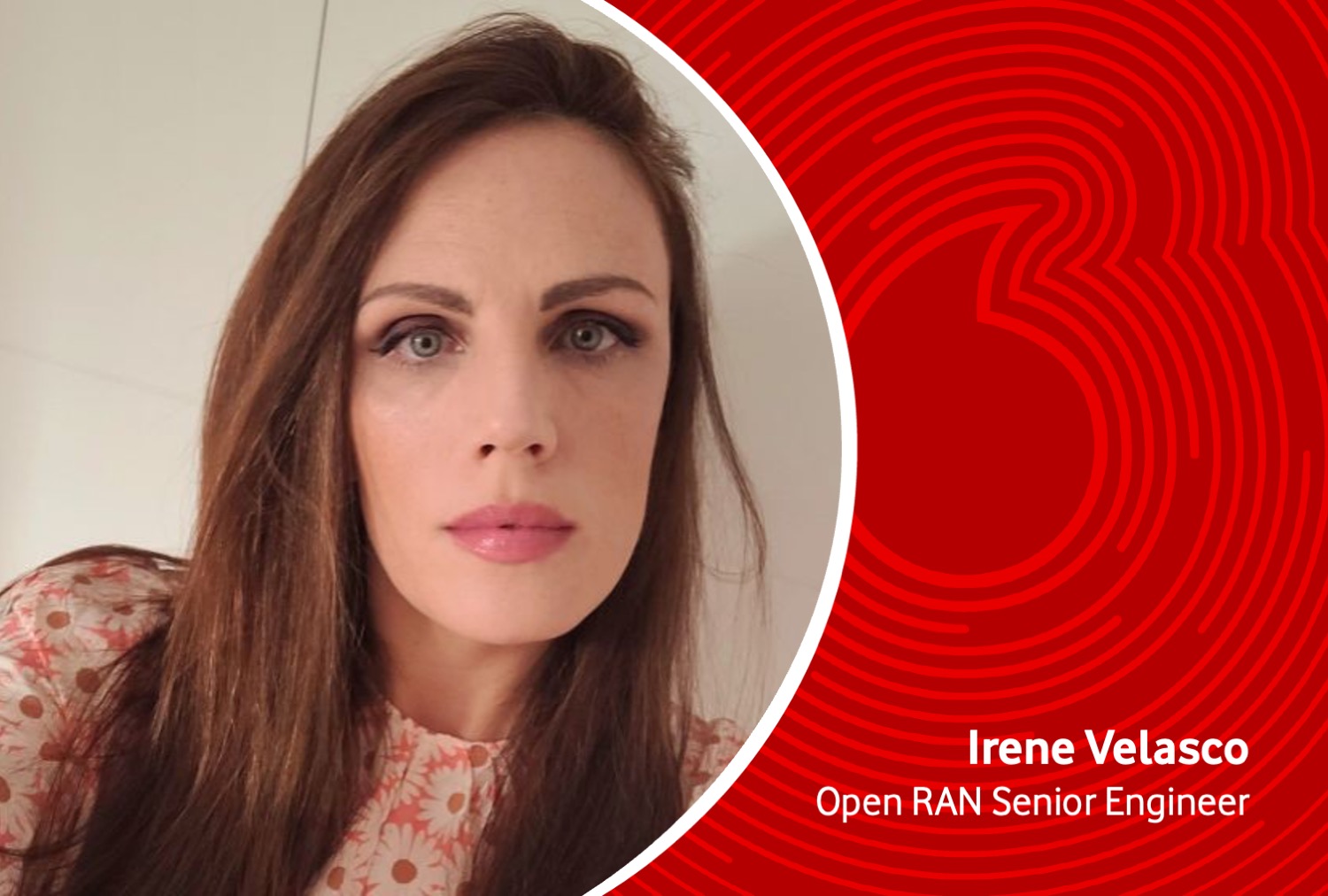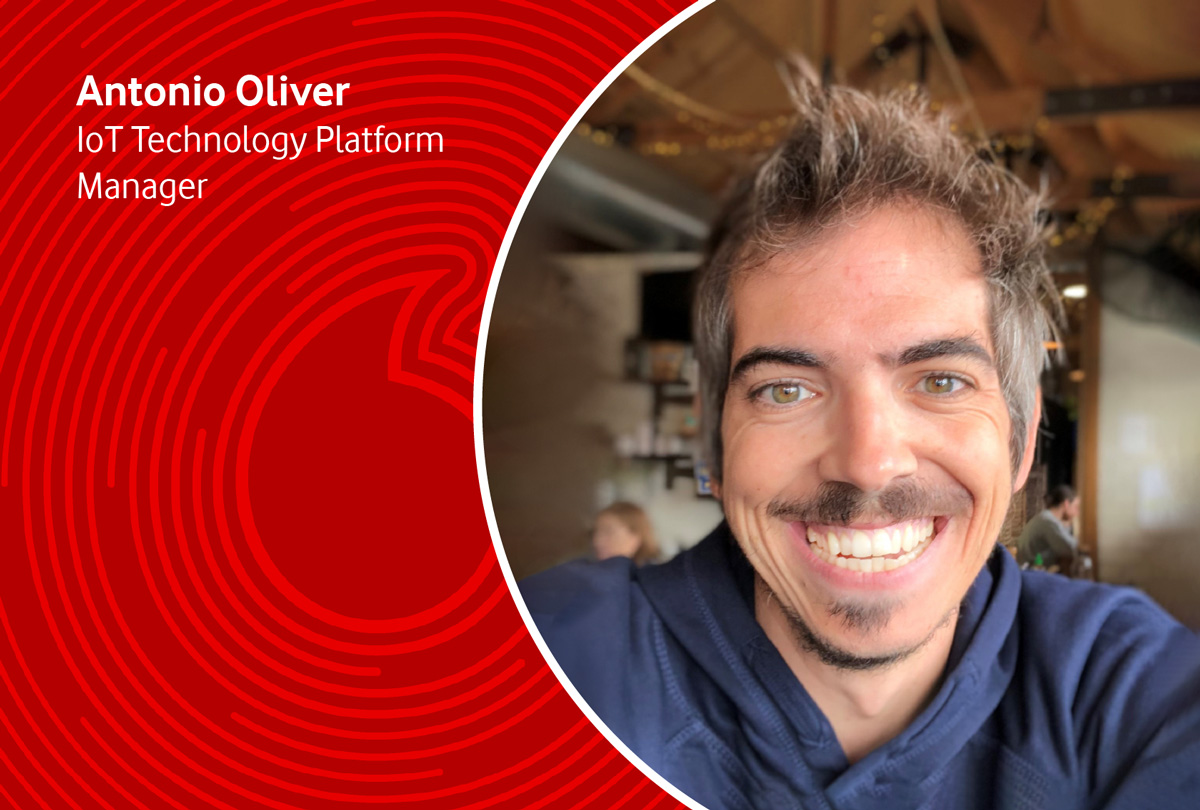
René Habendorf
Principal ManagerAt Vodafone, we want great user experiences across the board, wherever and whenever our customers access their mobile digital services.
Our innovative device and network analytics solution, NetPerform, helps us achieve this by gathering mass customer experience insights from around the world and feeding them into a central data platform, which we then use to identify weak spots, detect and track issue resolution, and verify proper operation of the network after rolling out new features or a new technology generation, anywhere.
NetPerform’s core focus is on collecting network performance data. It gives us real-life measurements in all different scenarios, around the clock. We’ve got tens of millions of customers participating internationally, each activating NetPerform on their MyVodafone apps and sharing their experiences with us. All customers are asked to approve the data collection which enables us to focus our network investments into areas and technical components that benefit our subscribers most.
It’s a fascinating and fruitful crowdsourcing approach that’s incredibly effective – though admittedly, not without its challenges. Transforming this data, with its high variations in quality and significance, into comprehensive and consistent dashboards requires a lot of creativity and innovation, but fortunately, there’s an abundant supply of such skill at Vodafone!
Here’s a look behind the scenes at some of our team members’ roles in NetPerform, and why it’s such an exciting part of Vodafone’s overall performance strategy.
 Albania
Albania  Czech Republic
Czech Republic  Deutschland
Deutschland  Greece
Greece  Hungary
Hungary  Ireland
Ireland  Italy
Italy  Luxembourg
Luxembourg  Netherlands
Netherlands  Portugal
Portugal  Romania
Romania  Spain
Spain  United Kingdom
United Kingdom  Asia-Pac Middle East
Asia-Pac Middle East  Turkey
Turkey  DR Congo
DR Congo  Egypt
Egypt  Ghana
Ghana  Kenya
Kenya  Lesotho
Lesotho  Mozambique
Mozambique  Nigeria
Nigeria  South Africa
South Africa  Tanzania
Tanzania 




